A spontaneous encounter with the outdoor arts: trends and challenges of Summer festivals in the Netherlands.
It is nothing new that art in public spaces, outdoor events and festivals represents a spontaneous meeting point between the general audience and culture, especially for people who cannot afford a ticket. For this reason, their direct function in hard times remains essential. As a small territory, the Netherlands represents a variety of ways of relating to, enjoying, and organising performances in the streets of a city. Through a multi-voice dialogue with some of their outdoor arts players and artistic directors, this article collects views on their program choices, cultural challenges, and possible new modalities of delivering events, with the complicity of their audiences. And to be clear, bad weather does not exist. It is just all about wearing the right clothes to face it!
Short preparation, high audience involvement, more enthusiasm than money. Cornerstones in the outdoor sector in every part of the world for ages. If contemporary circus artists often question themselves, asking: “What is my audience?” while theatre directors blink at contemporary circus because of its spectacular entertainment, what is the perception of the outdoor arts throughout the sector? There is often a paradox that lies with insecurity about what they represent, even if they involve large audiences. What are the artistic and organisational responsibilities behind the scenes of the spontaneous encounters with spectators? This challenging position has been a stimulating point of view to develop a variety of formats that in the Netherlands take place in the summer, collecting numerous international participations and nourishing the relationship with the territory, bringing in different contexts the beauty of the encounters and the celebration of free time all together.
There is often a paradox that lies with insecurity about what they represent, even if they involve large audiences. What are the artistic and organisational responsibilities behind the scenes of the spontaneous encounters with spectators?
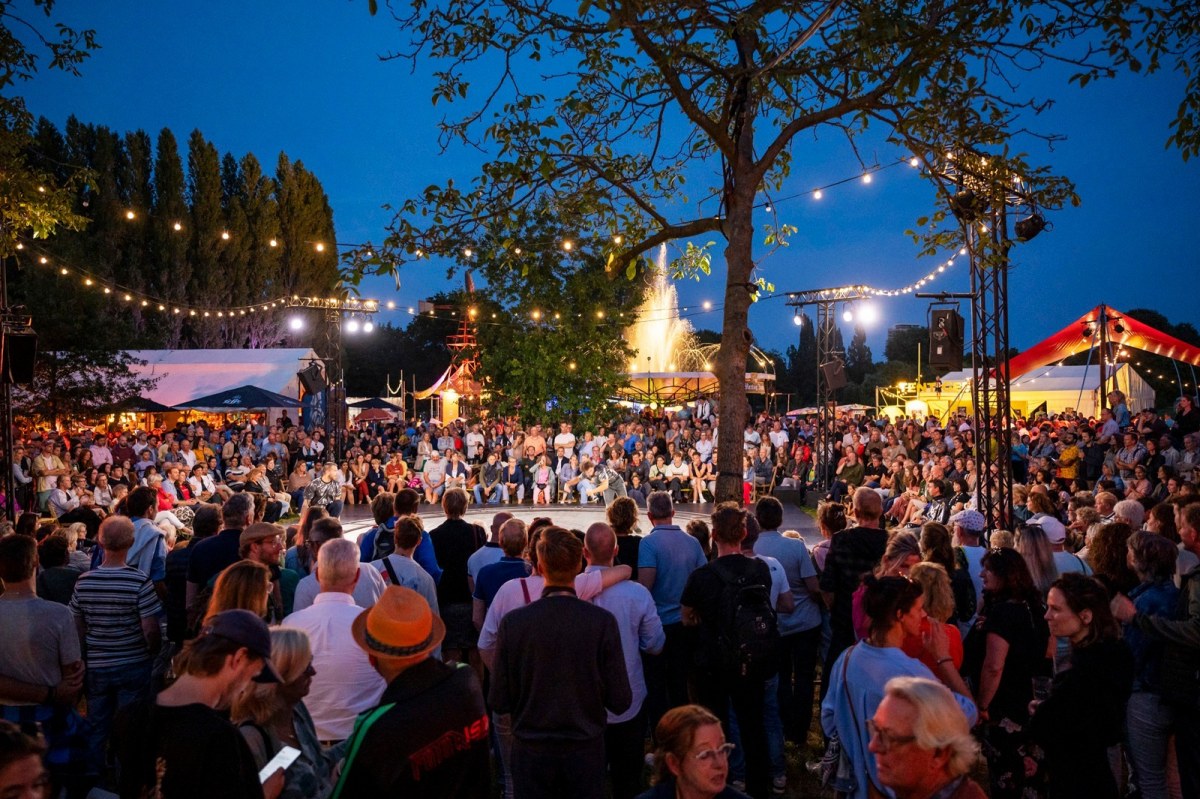
In the vision of Casper De Vries of Entr’act - agent and artistic director of festivals entangling relationships throughout Europe - the development of the outdoor arts in the Netherlands reflects a controversial situation depending on their autonomy from national funding. In a provocative mood, we tackle the anti-capitalist vibes of culture and its contradictory way of appropriating trends, using them to receive subsidies. Artists reflect on society. If they do well, they get funded. If not, they are simple or commercial. In all cases, they have put more time into their work than just writing a comment on social media. Concerning the festivals, they become interesting when they present artists that reflect on society. They amuse, divert, question, disturb. They bring people together. From the perspective of outdoor arts, the Netherlands suffer most from the lack of recognition that contemporary circus has received in the country over the past years.
Examining their roster, Tanja Ruiter, joint director of HH Producties, reflects on the presence of only two companies based in the Netherlands that are internationally active in the outdoor arts sector. With the mission of disseminating valuable pieces of art in the world, the vocational aspect of the agency is to expand its network, bringing the artists in the best context to shine. The choice to work more with foreign proposals than with Dutch residents mirrors the actual recognition of the sector. There is still a different sight of site-specific artworks, often considered more relevant than street theatre. Outdoor arts are a valid option if there is quality in them, but sometimes they are still perceived as a hobby. Many street theatre artists in the country decide to perform in their free time and conserve a stable job for the rest of the week. On the other side, the multidisciplinary aspects of contemporary circus are growing strong in the Netherlands thanks to the evolution of the professional schools pushing the sector to evolve and get more structured.
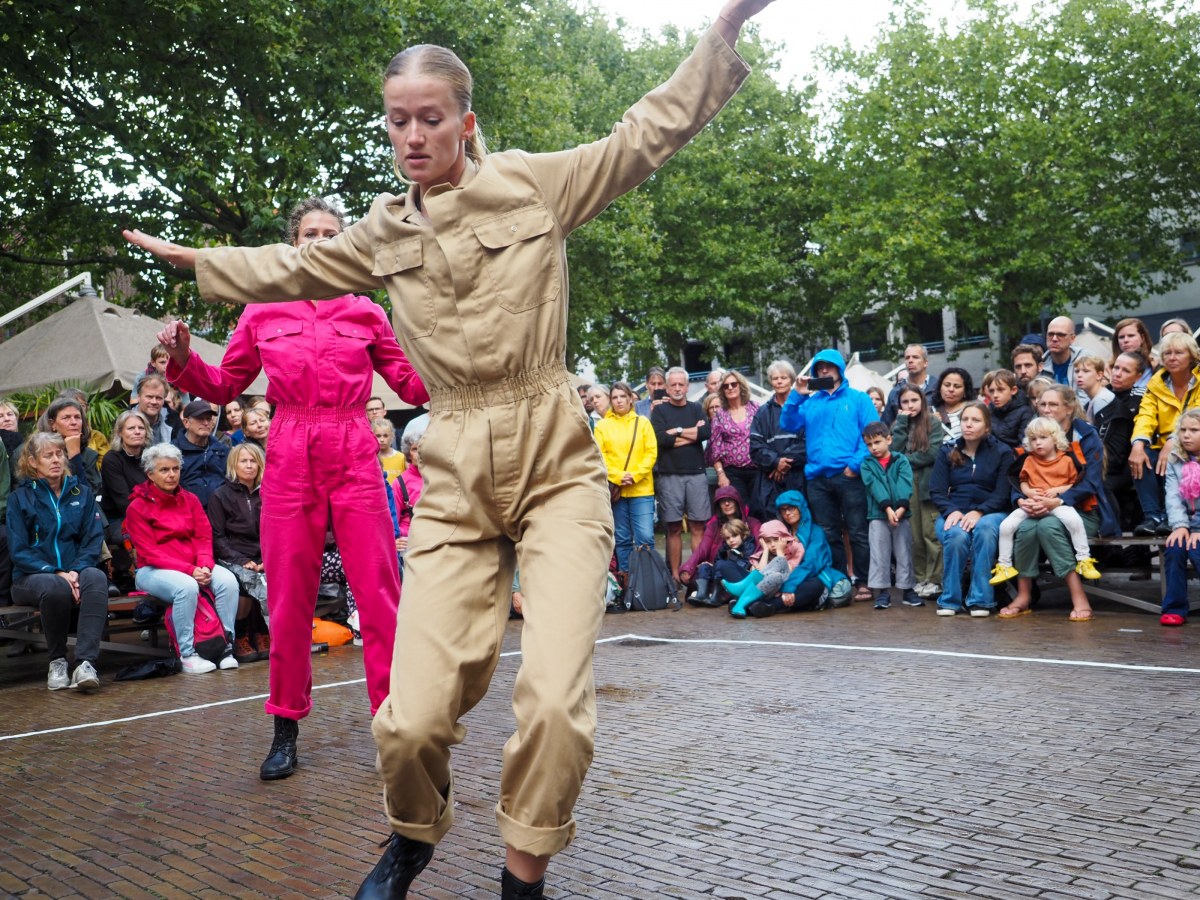
In the spirit of discovery and bringing the multi-disciplinarity of the performing arts in direct contact with unaware spectators is the aim of Spoffin, the outdoor arts festival in the medieval city centre of Amersfoort. Combined with contemporary circus shows in the outdoor dimension, there is more and more dance, theatre, and performance. The content is happening directly in the streets, sometimes adapting its format to the necessity of the city, revealing its raw power instead of being protected as in an indoor venue. According to the artistic Director Alfred Konijnenbelt, this creative multidisciplinary knowledge-package is essential to educate people's ability towards the variety of the performing arts. It is not usual for the outdoor arts to melt with dance in the streets instead of proposing live music concerts. As an artistic director, he feels the necessity to let people spontaneously discover performing arts. Hosting shows in their immediate dimension means that you do not have to think about buying a ticket three months in advance. Through a form and QR code communicated in posters, the spectators vote for their favourite show, allowing the chosen company to win a co-production. Even the organisation was surprised by the result since this year's winner is the Dutch collective DansBlok. Not an easy-catchy one, a show about connection and confrontation between two women dialoguing in a white-designed square on the ground.
The content is happening directly in the streets, sometimes adapting its format to the necessity of the city, revealing its raw power instead of being protected as in an indoor venue. This creative multidisciplinary knowledge-package is essential to educate people's ability towards the variety of the performing arts.
The actual cooperation between the sector is also represented by the Association of Outdoor Theater Festivals Netherlands (VBFN), which aims to improve the quality and position of Dutch outdoor theatre festivals. Representing 15 festivals, the association contribute actively to foster the sharing of knowledge and experience among its members, improving their content, financing, promotion, and stimulating the creation of new Dutch productions in the public space and crossovers.
Working with a team of six people, Adrie Van Essen from Deventer Op Stelten started his position as an artistic director less than two years ago and led the last two editions. He remembers vividly his first edition as particularly challenging since he had to assemble the program in only four months and had to deal with a solid past of high expectations. The festival is the most important in the country, receives structural funding and has existed for more than twenty-five years. According to him, the festival's audience is quite determined in its response, they have an idea about what they want to see. Spectators know what they want to see: they are knowledgeable and demanding. It could be split into two categories: those who want something spectacular and entertaining. The other part is interested in a more nuanced, intimate selection of shows. His artistic choices try to meet these two trends and build a program combining these two aspects in three days. The city has large open squares that accommodate large audiences. Compared to Spoffin - which uses low stages to get people more in contact with the shows - Deventer uses elevated stages, adapting the city configuration to facilitate the view of the shows. As often happens in these variable contests, making the shows accessible to every possible spectator is one of the good practices in place. Because of the co-existence of the outdoor arts festival and a music festival in the same city, Deventer Op Stelten does not host music performances. For the future, the artistic director's wish is to extend the festival for a few days, involving not only in town, but also travelling around in the neighbouring villages to broaden the territorial audience.
Stephan Bikker has been responsible for the Theaterfestival Boulevard park podium programming for the last three years. The theatre festival in the south of the Netherlands shapes a multidisciplinary environment. Its focus is not on the outdoor arts, but as a stage, the park podium represents the crucial point of meeting the vast audience in the city. Placed at the heart of the festival site, it is the stage that allows the audience to get in touch with a performance for free. For this reason, Stephan's artistic choices focus on its accessibility: it needs to be for everyone. With this kind of frame, he tries to combine extremes. How far can we go in being abstract or risky, and how can we look at performance to not be simply entertainment? Because of its location and the Covid-19 pandemic, the shape of the stage has changed throughout the years. For the last edition, the podium has become a 360° stage surrounded by benches. Talking about extremes, sometimes the performances hosted on the park podium are not necessarily created for the outdoor dimension. To stimulate a creative shift in the minds of their authors, artists who previously imagined the performance in a black box discover their creations in a different environment. And surprisingly for them, it can work very well.
Sometimes the performances hosted on the park podium are not necessarily created for the outdoor dimension. Artists who previously imagined the performance in a black box discover their creations in a different environment. And surprisingly for them, it can work very well.
A fresh summer glimpse into the outdoor arts is the three-day-long Reuring festival. The artistic director, Adriaan Bruin, speaks about Reuring capacity to engage the citizens. In the small city of Purmerend, near Amsterdam, audience participation is crucial to connecting and delivering the festival activities with the volunteers' community that contributes actively. Being a small town and not hosting any large events, the festival is proudly felt by its inhabitants. 98% per cent of the shows are for free thanks to the support of the local government. The opening is sometimes with international and national guests, while there is also a stage dedicated to discovering local talent. The festival team consists of three people, while the other positions are all covered by volunteers. With lots of music and street theatre, the formula is simple and accessible, trying to combine the two formats as much as possible. Running for more than 20 years, Reuring is a gathering. The park is crucial to attract people and hosts a natural amphitheatre. Many of the public go straight to the park for the music, but he is trying to engage them more and more in seeing theatre happening.
While contemporary circus in the Netherlands has been able to challenge itself and demand attention, sometimes the outdoor arts are not yet at its level. Many still lack a productive and organisational structure and are much more insecure about their value. On the other side of the spectrum, their immediate friability is crucial to preparing the ground for further experimentations, and here, at the intersectionality of possibilities, lies the function of an artistic direction with a vision to get flourishing results.
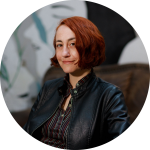
Valentina Barone is a freelance cultural manager and editor specialising in the contemporary circus and live performance sector. Since 2021, she has been Director of International Relations at the CircusDanceFestival in Cologne (Germany). She holds a BA in Performing Arts Techniques and a Master's degree in Relationship Design. She works with the international network Circostrada (France) and is an active member of the Cirkus Syd' Circus Thinkers Platform (Sweden). Valentina is the coordinator of the international digital platform Around About Circus.



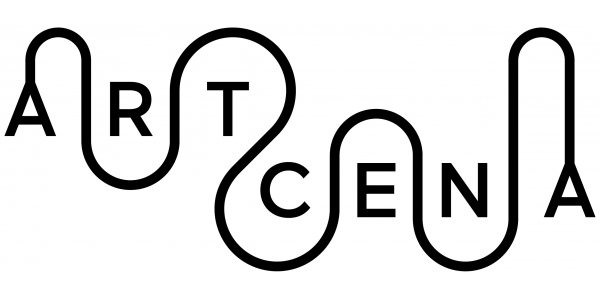

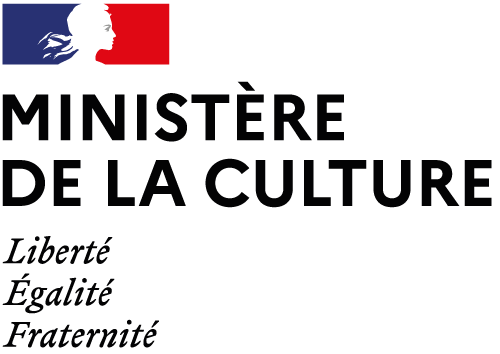
write us: infocircostrada@artcena.fr